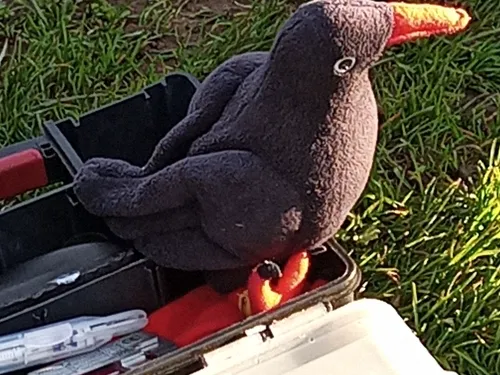
Temple Ewell’s Chough Champions
Temple Ewell is a proud to be the pilot school for Chough Champions, a recent addition to the Wilder Kent Awards. Learn more about the initiative here.
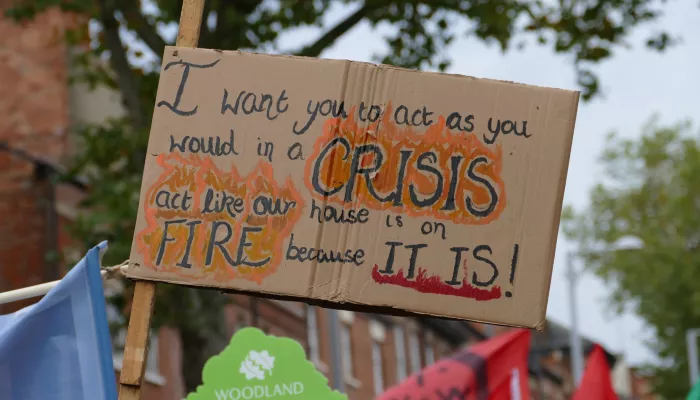
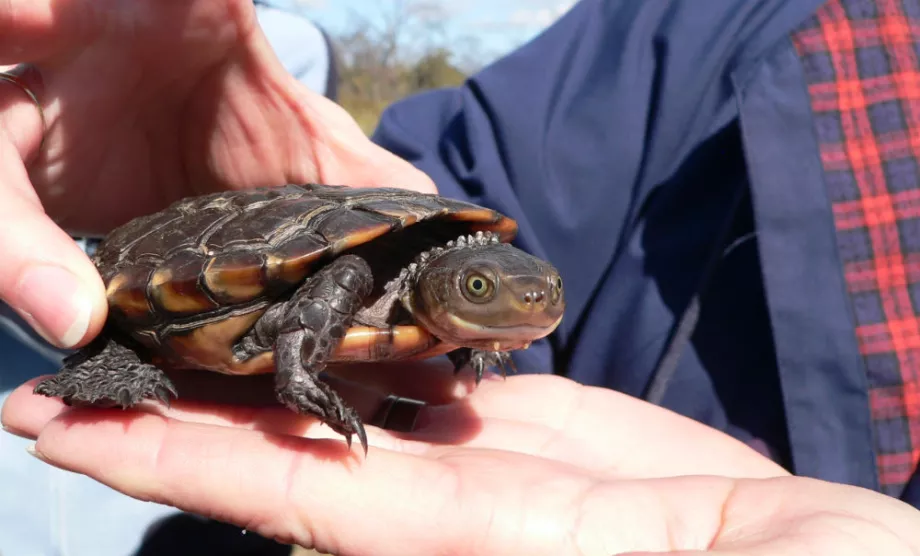
Fast forward a few years, I had the opportunity to travel to Copenhagen, as part of a UK charity delegation, for the COP15 (the UN’s 15th conference on climate change).
By that time, I was much better informed about the catastrophic threat of climate change. I truly thought that this was my chance to be part of an event where governments, communities and non-governmental organisations would agree to save the planet and commit to how we were going to do it.
There was a level of excitement and expectation around COP15 and, as President Obama arrived, I felt a bubble of hope. If anyone could convince the world’s governments to take climate change seriously, surely he could?
But “Yes we can” quickly became “No we can’t” when we heard that “The Copenhagen Accord provided for explicit emission pledges by all major economies – including, for the first time, China and other major developing countries – but no clear path toward a binding treaty.”
Having no treaty or legally binding targets is basically like setting your New Year’s resolutions - you make them, but you have no intention of doing them.
Then came the Paris Agreement at COP21 in 2015 (again, a lack of commitments to legally binding targets) and the Glasgow Climate Pact in 2021: “The agreement - although not legally binding - will set the global agenda on climate change for the next decade”. Yet more New Year’s resolutions.
It’s easy to feel pretty disillusioned by all of this. How can we possibly save the swampies, let alone our whole planet?
Time is running out and we need action. We need binding targets from COP27, along with the integration of the targets from the Conference on Biological Diversity (COP15) happening in December. After all, the climate and nature crisis are inextricably linked.
That is why, at Kent Wildlife Trust, we are taking action by looking at nature-based solutions: our Wilder Blean project is the first step in restoring Kent’s woodlands to healthy, biodiverse, functioning ecosystems that are resilient to the impacts of climate change.
Ultimately, we want #LessTalkMoreAction to secure the future for both people and wildlife. We are working with The Wildlife Trusts to call for the UK to lead on tackling the climate and nature crises at home and on the global stage.
So, join us and make some noise - become a member or donate today.

Temple Ewell is a proud to be the pilot school for Chough Champions, a recent addition to the Wilder Kent Awards. Learn more about the initiative here.
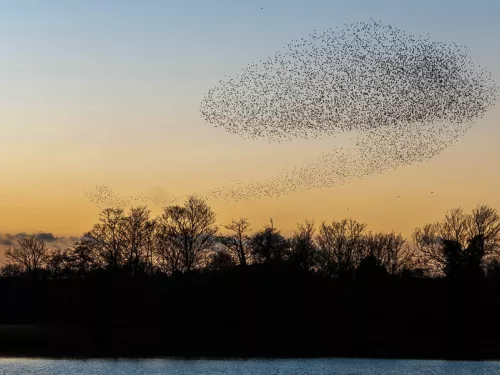
The Planning and Infrastructure Bill is almost law – and without key protections that the House of Lords has just voted to add to the Bill it could be disastrous for wildlife and wild places. We now need MPs to back these changes.
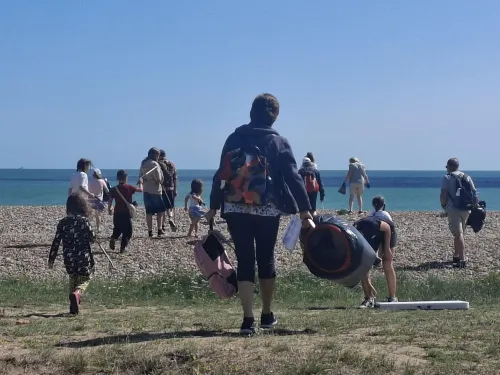
Protected Area Warden Nina Jones reflects on this year's National Marine Week: a lively celebration of Kent’s marine and coastal environment.